EFFE International Jury
The EFFE International Jury consists of a group of personalities from the arts world who define the criteria for the EFFE Label and select the most innovative festivals in certain categories for the EFFE Awards. The jury brings together 11 experts, chaired by Sir Jonathan Mills.
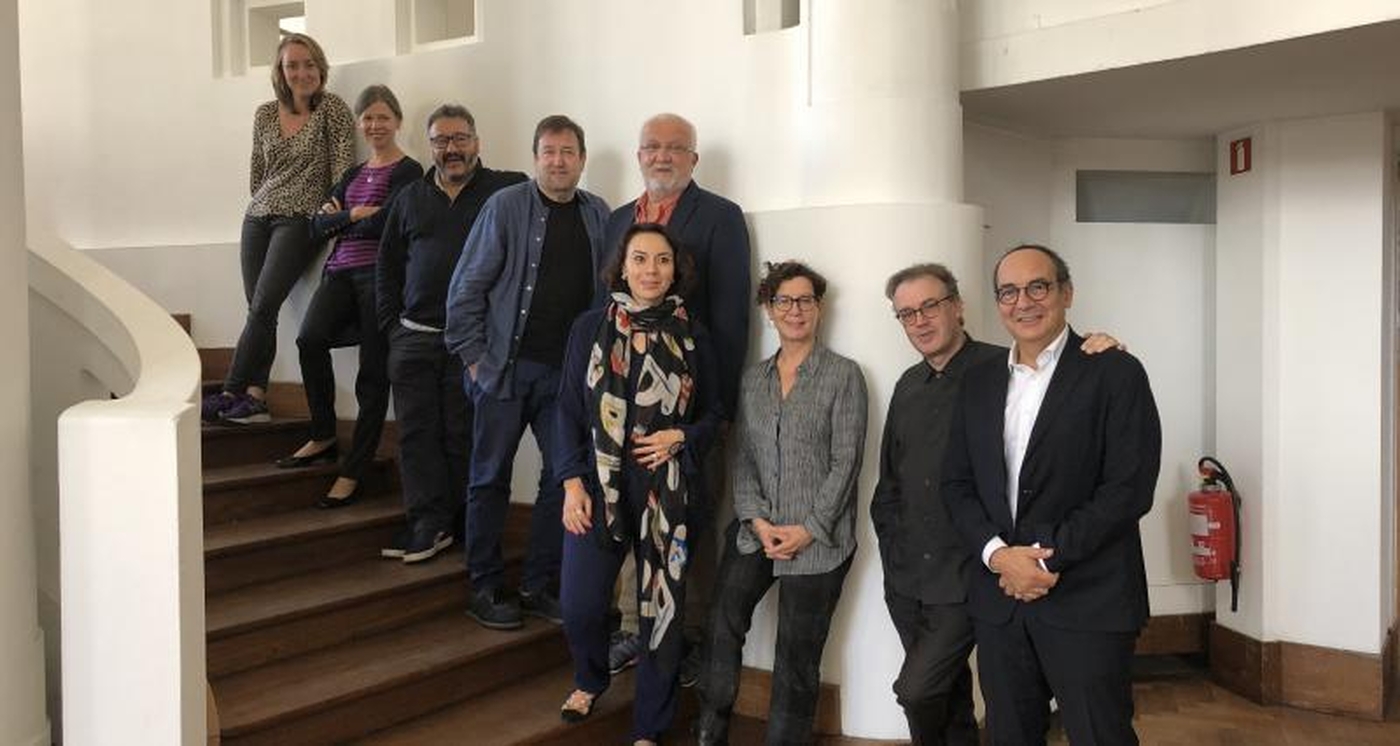
- Sir Jonathan Mills – President of the Jury Director of the Edinburgh International Culture Summit
- Mrs. Tamar Brüggemann Co-director of the Wonderfeel festival Netherlands
- Mr. George Delnon Artistic director of the Hamburg State Opera
- Mr. Peter Florence Founder and director of the Hay Festival group, UK
- Mrs. Fairouz Nishanova Director of the Aga Khan Music Awards and Aga Khan Music Initiative in Geneva
- Mr. Keng Sen Ong Founder of the Singapore International Festival of Arts (SIFA)
- Mr. Haris Pasovic Director of the Mittelfest and director of East West Centre Sarajevo
- Mr. Pawel Potoroczyn Diplomat, author, theatre, opera, film and music producer in Warsaw, Poland
- Mrs. Ruta Pruseviciene Executive Director of Vilnius Festival and General Director of the National Philharmonic Society of Lithuania
- Mr. Renato Quaglia General Manager of the FOQUS Foundation and Project Manager of the Friuli Future Forum
- Mrs. Virve Sutinen Artistic director of Tanz im August Berlin
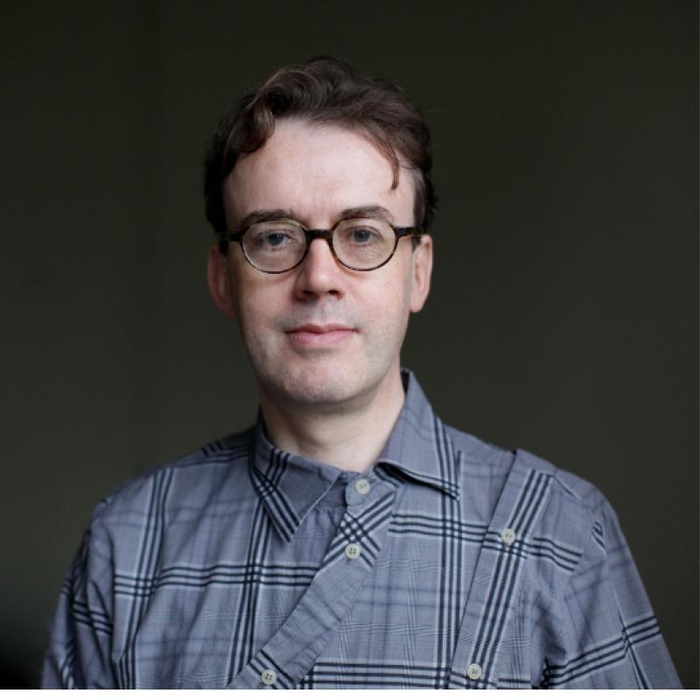
Sir Jonathan Mills, Australia/UK
Sir Jonathan Mills is a prominent, Australian-born, composer and festival director, who resides in the UK. In the 1990s he worked in the Architecture Faculty of RMIT University in Melbourne, leading courses in acoustic design. He is the composer of several award-winning operas and works for chamber ensemble and orchestra. His opera Eternity Man was recognized by a Genesis Foundation commission in 2003 and his oratorio Sandakan Threnody won the Prix Italia in 2005.
He has been director of various festivals in Australia but also in the UK where he was the director of the Edinburgh International Festival between 2007 and 2014.
He is currently Director of the Edinburgh International Culture Summit, a UNESCO recognised, biennial meeting held in conjunction with Edinburgh’s summer festivals, Visiting Professor at the University of Edinburgh and Vice-Chancellor’s (Professorial) Fellow at the University of Melbourne.
His work has been recognized by awards from the governments of Australia, Britain, France, Poland and South Korea.
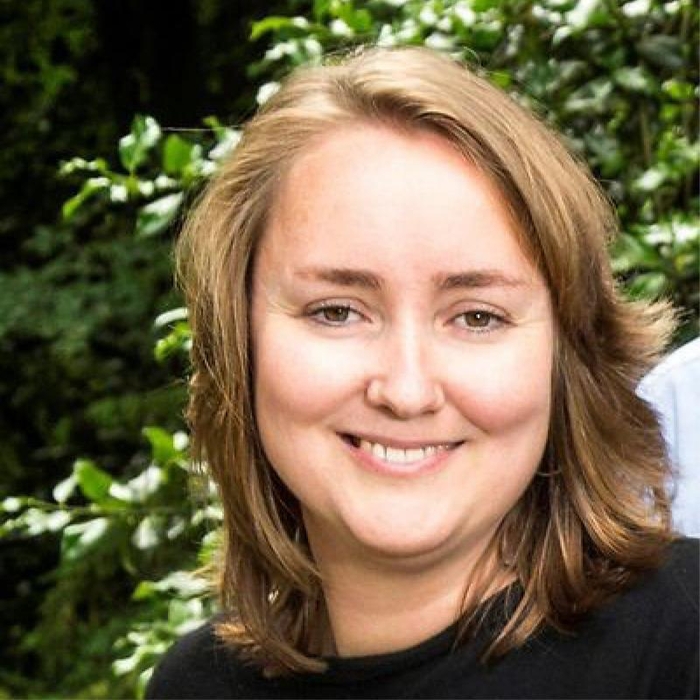
Tamar Brüggemann, Netherlands
“Wonderfeel is a fairy tale” (de Volkskrant) and “Wonderfeel is unique in the world” (NRC Handelsblad) are but two of the descriptions of this outdoor festival for classical music, located in the woods in the centre of the Netherlands co-directed by Tamar Brüggemann. It is no wonder that Tamar Brüggemann is leading this “unusual” format of classical music festival, her career has been intimately linked to bringing Early Music to as many people possible. This she did when working in different departments for the Early Music Organization, famous for its Utrecht Early Music Festival, and then again as managing director of Holland Baroque, a radically versatile baroque orchestra. With their 55 concerts per year Holland Baroque likes to explore other musical styles (jazz, folk …) without losing sight of its baroque foundation and the experience it wants to establish for and together with the audience.
Tamar Brüggemann shares her passion and vision also by serving in other organisations as, for instance, in the Board of the International Chamber Music Festival on the island Schiermonnikoog and as advisor for the Performing Arts Fund NL.
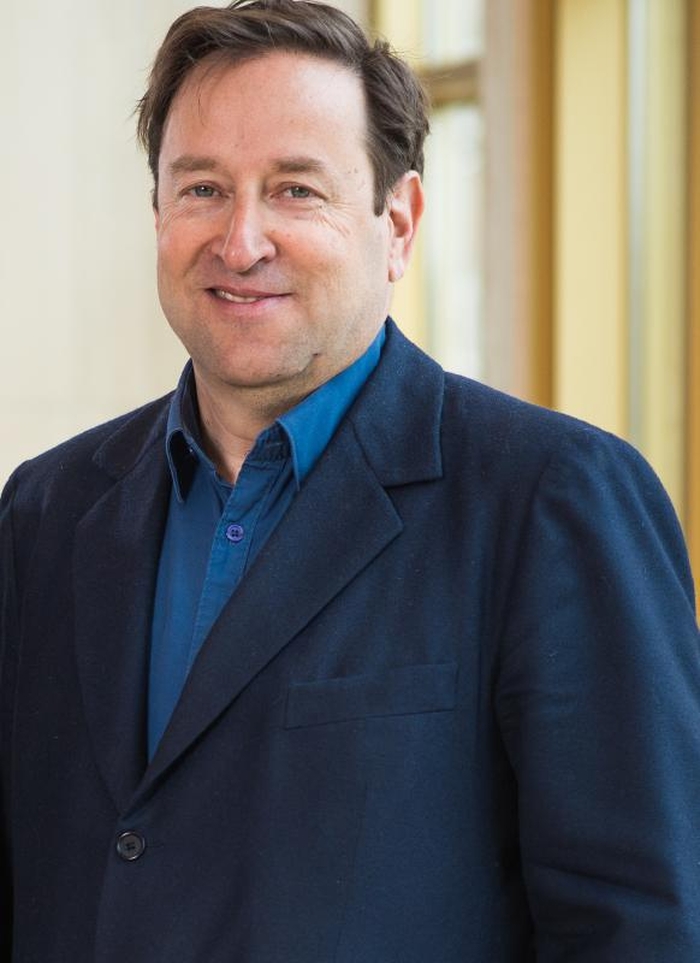
George Delnon, Germany
Georges Delnon is a Swiss director, theatre director and professor. Raised in Berne, he studied history and art history at the Universities of Berne and Fribourg as well as composition and music history at the Berne Conservatory. In 1985 he was one of the founders of “Atelier 20”, a group for contemporary theatre and music in Berne. This was followed by numerous musical theatre and drama productions, including Carmen and Die Fledermaus at the Frankfurt Opera, Dido in Toulouse, The Rape of Lucretia in Düsseldorf and Basle, La traviata, Madame Butterfly and The Love for Three Oranges in Dortmund, Miss Julie in Essen, La Griselda (Vivaldi) in Geneva, Der Junge Lord (Henze), Maria Stuart and Ezio (Handel Festival) in Karlsruhe, Parsifal, Jenůfa and Medea in Saarbrücken, Schwarze Spinne (Sutermeister), Das Lachen der Schafe (Demierre) and König für einen Tag (Grünauer) in Lucerne and Hofmanns Erzählungen in Hanover.
In addition, Georges Delnon holds teaching posts at numerous universities and academies. In 2003 he was appointed honorary professor at the Johannes Gutenberg University in Mainz. In 1996 he took over his first post as artistic director at the Municipal Theatre in Koblenz and was co-founder of the festival Festungsspiele Koblenz. From 1999 to 2006 he was artistic director of the Mainz State Theatre. During his tenure there, he directed numerous productions, including Alban Berg’s Lulu and the world premiere of G by Gavin Bryars. The great reopening after the complete renovation of the theatre in 2001 with G. F. Handel’s opera Saul was broadcast live by 3sat.
Further productions he directed during this period included Il figlio delle selve by Ignaz Holzbauer for the Schwetzingen Festival and the Féstival Radio France Montpellier as well as Juditha triumphans by A. Vivaldi for the Festival Schloss Rheinsberg. Georges Delnon also appeared as an actor in the feature film HEIMAT 3 by Edgar Reitz. In 2004 he directed the world premiere of Mark André’s 22,13 at the Munich Biennial, which was also shown in Mainz and at the Festival d’Automne à Paris at the Opéra National de Paris. In 2005 and 2006 he staged the world premiere of Zaubern by Frederik Zeller and the baroque opera Proserpina by Joseph Martin Kraus at the Schwetzingen Festival.
With the beginning of the 2006/2007 season, Georges Delnon was appointed director of the Basle Theatre, the largest three-genre theatre in Switzerland. During this period, he directed further productions, including the world premiere of Der Alte vom Berg by Bernhard Lang at the Schwetzingen Festival in co-production with the Basle Theatre (2007) as well as the world premiere of Carola Bauckholt’s hellhörig at the Munich Biennial (2008), the world premiere of Maldoror by Philipp Maintz at the Munich Biennial, and Alexanderfest by George Frideric Handel at the Basle Theatre. He also directed the TV production of Aida am Rhein by Giuseppe Verdi, which was broadcast live on Swiss television and on 3sat. In 2012 he directed the world premiere of Alfred Zimmerlin’s musical theatre work Das Licht at the Lucerne Festival and in 2013 Anschlag also at the Lucerne Festival in cooperation with the Basle Theatre. From 2009 to 2016 Georges Delnon has been artistic director of musical theatre for the Schwetzingen SWR Festival. The two world premieres “Proserpina” in 2009 and “Koma” in 2016 had been awarded world premiere of the year in the critic survey of “Opernwelt”.
With the beginning of the 2015/2016 season, he took up his position as artistic director of the burg State Opera.
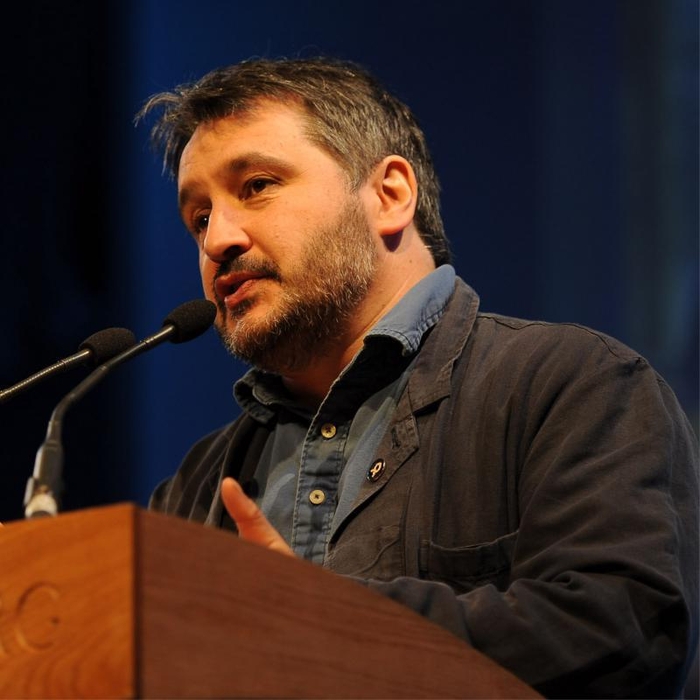
Peter Florence, UK
Peter Florence started Hay Festival in 1987 around his mother’s kitchen table, with his parents and a few friends. Over the last 31 years Hay Festival has brought more than 4 million people to events in 15 countries around the world. This year there are editions in Wales, Denmark, Peru, Colombia, Mexico and Spain. He lives with his wife, Becky Shaw and their four sons in the Black Mountains.
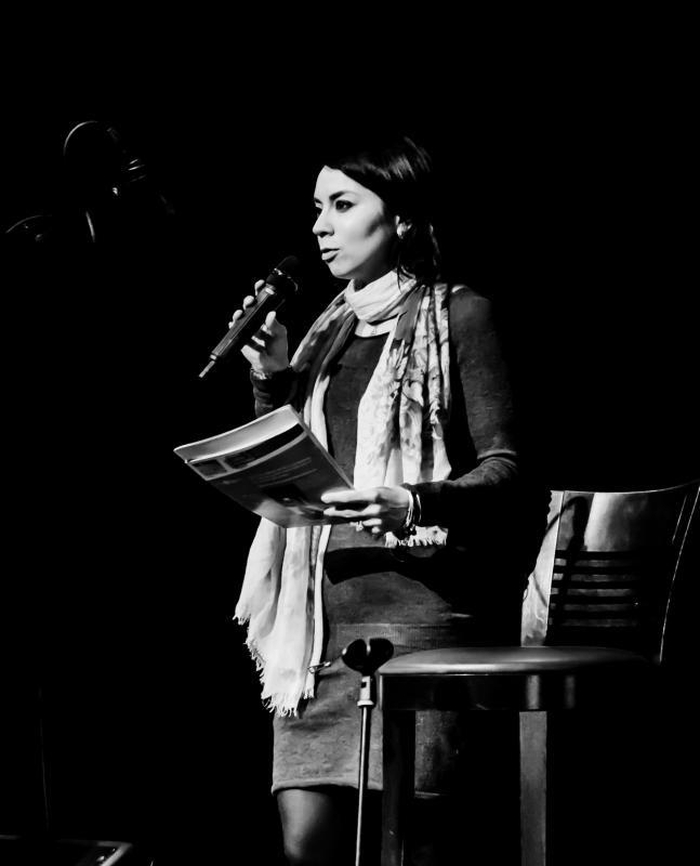
Fairouz Nishanova, Switzerland
Fairouz Nishanova is a cultural development specialist with a lifelong love of performing arts, music and dance that embraces the many styles and traditions of the lands where she has lived, worked, and travelled. Born in Sri Lanka to Uzbek parents, she grew up in Amman, Jordan and studied economics, history and international relations at Moscow State University and the London School of Economics and Political Science (LSE). Ms Nishanova began her career at the Federal Assembly of the Russian Federation and continued at the United Nations's Economic Commission for Europe. Ms Nishanova joined the Aga Khan Development Network in 2000 has served as Director of the Aga Khan Music Initiative at the Geneva-based Trust for Culture since 2005.
Aga Khan Music Initiative (AKMI) is an interregional music and arts education programme with worldwide performance, outreach, mentoring and artistic production activities. Launched by His Highness the Aga Khan to support talented musicians and music educators working to preserve, transmit and further develop their musical heritage in contemporary forms, the Music Initiative began its work in Central Asia, later expanding its cultural development activities to include artistic communities and audiences in the Middle East, North Africa and South Asia.
The Initiative promotes the revitalisation of cultural heritage both as a source of livelihood for musicians and as a means to strengthen pluralism in nations where it is challenged by social, political and economic constraints. Its projects have included publication of a comprehensive textbook, The Music of Central Asia (Indiana University Press, 2016), a 10-volume CD-DVD anthology, Music of Central Asia, co-produced with Smithsonian Folkways Recordings, a worldwide performance and outreach programme that nurtures ‘East-East’ as well as ‘East-West’ musical collaborations and a network of music schools and centres that develop innovative music curricula and curriculum materials in the Music Initiative’s regions of activity (http://akdn.org/akmi)
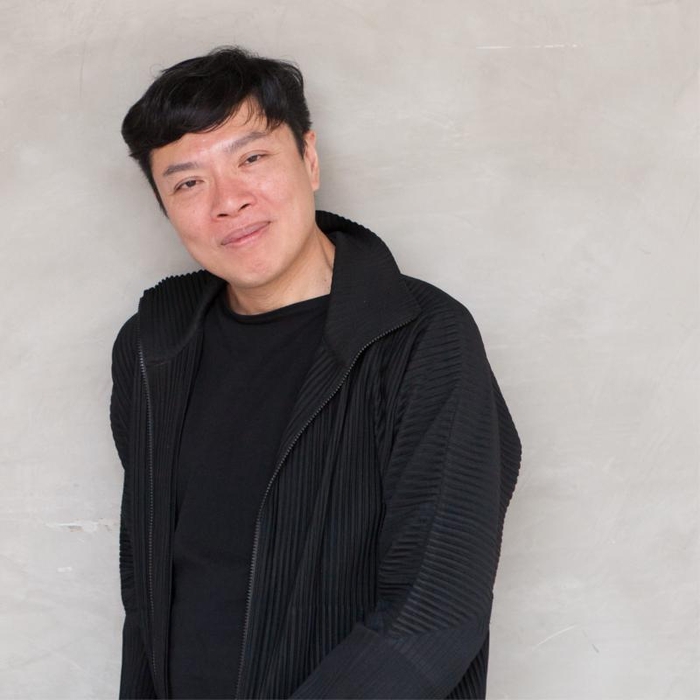
Ong Keng Sen, Singapore
Keng Sen Ong is a performance director who has actively contributed to the evolution and the subsequent transglobalization of the Asian aesthetic in contemporary arts. He completed his postgraduate studies at Tisch School of the Arts, New York University, and he also holds a law degree. His artworks have been presented throughout the world. Ong is artistic director of TheatreWorks, where he created the renowned Flying Circus Project. He mentors emerging artists and founded the Arts Network Asia. He created and directed the In-Transit Festival in Berlin from 2001-2003. He served on the Prince Claus Foundation Jury from 2012 to 2015. A Fulbright scholar, Ong founded the new Singapore International Festival of Arts (SIFA) in 2013 and was the Festival Director for four editions from 2014 - 2017. He is the first Singaporean artist to have received both the Young Artist Award (1992) and the Cultural Medallion Award (2003). He was awarded the prestigious Fukuoka Asian Arts and Culture Prize 2010.
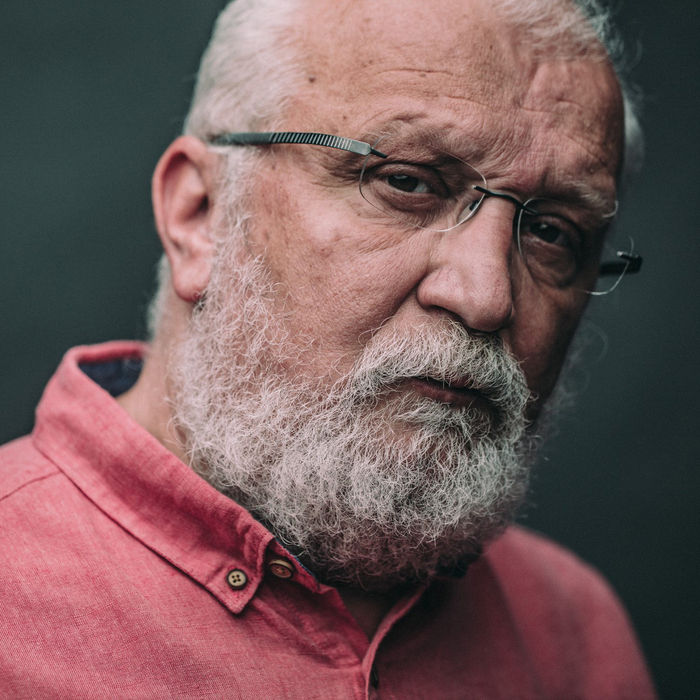
Haris Pašović, Bosnia
Haris Pašović, a multiple-awarded director, made his name in the late 80s with his landmark theatrical production in Belgrade of Wedekind’s “Spring’s Awakening”. When Sarajevo fell under the Siege, Pašović returned to the city. During this dramatic period, he directed plays and also created the first Sarajevo Film Festival themed as “Beyond the End of the World”. Pašović also produced the now legendary “Waiting for Godot”, directed by Susan Sontag. His shows played at many famous theatre festivals. His feature documentary “Greta” about Greta Ferušić, a survivor of the Auschwitz death camp and the Siege of Sarajevo, was shown at the New York Jewish Film Festival at the Lincoln Centre and other festivals around the world. Pašović is a director of the East West Centre Sarajevo and teaches at several universities. Among other plays he directed “Hamlet”; “Faust”; “Class Enemy”; “Nora”; “Europe Today”; “Conquest of Happiness” and most recently his own plays “What Would You Give Your Life For?” and “Uncovering a Woman.”
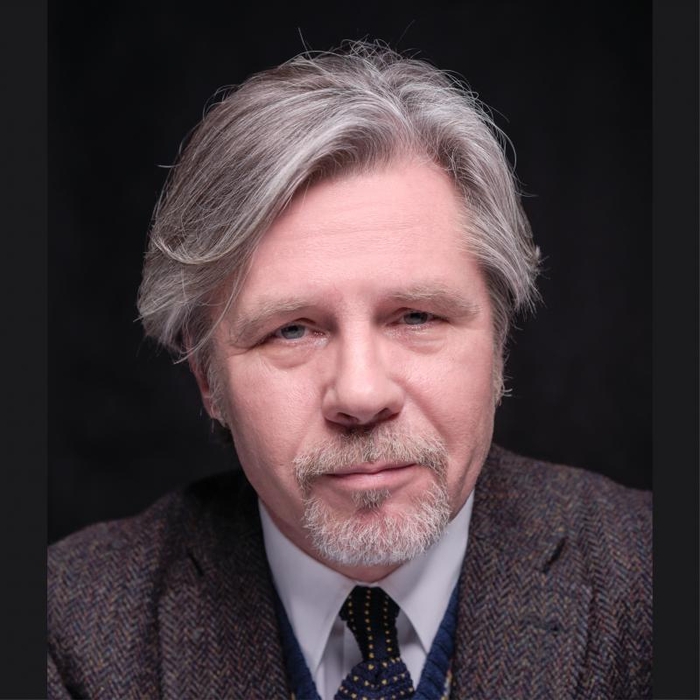
Pawel Potoroczyn, Poland
Pawel Potoroczyn is diplomat, author, theatre, opera, film and music producer. From 2008 to 2016 he was the Director of the Adam Mickiewicz Institute in Poland. Graduated from the Institute of Philosophy at University of Warsaw, he also read history at the same university. He begun his public service in 1992 as President of the Polish Information Agency, his diplomatic career took him to Los Angeles where he was Consul for Cultural Affairs for the Republic of Poland.
In 2000 he established the Polish Cultural Institute in New York City and was its very first Director. In 2005 he was appointed Director of the Polish Cultural Institute in London. He is also a founding member of Lincoln Center Global Exchange (New York). Author of the NIKE nominated novel “Ludzka Rzecz”, he published extensively in Forbes, Playboy, Tygodnik Powszechny, Rzeczpospolita, Brief, Frankfurter Allgemeine Zeitung among others. Between 2016 and 2018 he served as the President of SWPS University in Warsaw, the only private university in Poland. Currently he is pursuing his literary career.
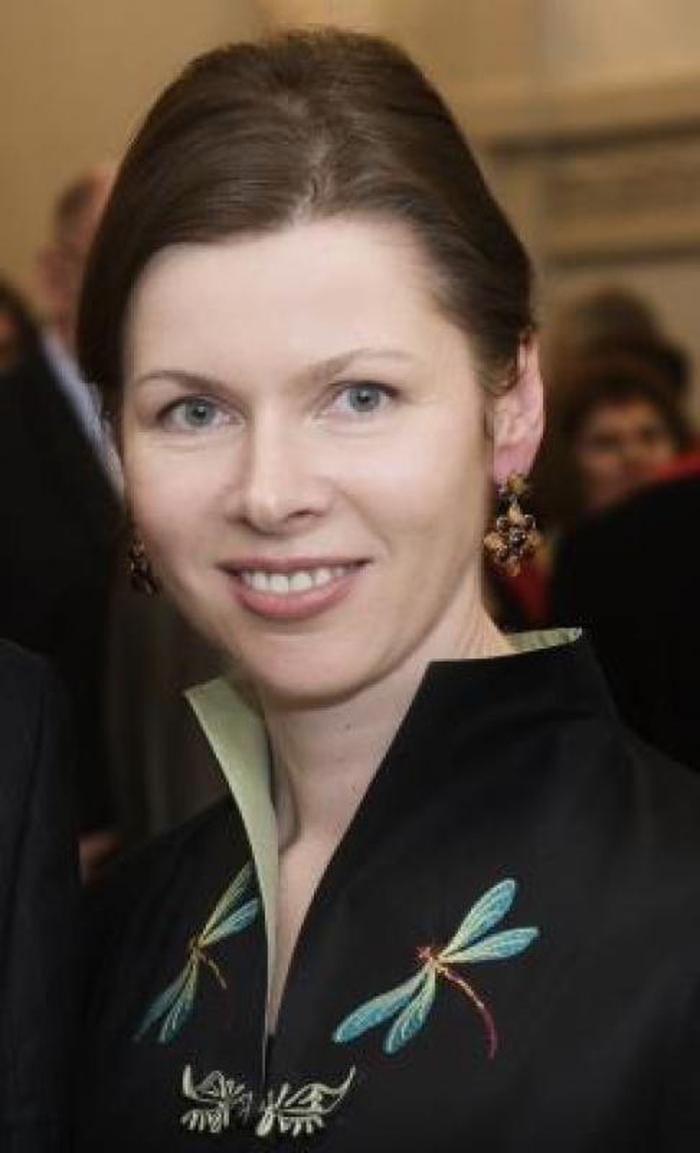
Ruta Pruseviciene, Lithuania
Born in 1968 in Vilnius, Lithuania, Ruta Prusevičienė graduated in 1986 from the M.K.Čiurlionis School of Arts, Piano and Musicology Division followed in 1991 by graduating from the Lithuanian Academy of Music, Musicology Division. In her extensive professional career she was Music editor at the State Encyclopedia Publishing House; from November 1991 – June 1997 – official of the Ministry of Culture holding the positions of Senior Official of the Music Division, Senior Official of the Foreign Relations Department and Head of the International Relations Department. In 1997 Ms. Prusevičienė was Head of Foreign Relations Division of the National Philharmonic Society of Lithuania, administrative manager of Vilnius Festival and in 2001 Deputy Director for Artistic Affairs of the National Philharmonic Society of Lithuania, Executive Director of Vilnius Festival. Since October 2006 - General Director of the National Philharmonic Society of Lithuania. Since January 2007 – Member of the Lithuanian National Board on Culture and Arts, member of governmental coordination committee of Vilnius – European Culture Capital 2009 and Millenium of Lithuania. Since April 2008 – Member of the Board of the European Association of Festivals (EFA) In Ms. Prusevičienė’s experience in coordination of international projects we would highlight:
1992 – coordination and implementation of Lithuanian culture program at EXPO 1992 in Sevilla, Spain | 1993 - coordination and implementation of Lithuanian culture program in Land Brandenburg, Germany | 1995 - coordination and implementation of Lithuanian culture program in Tampere, Finland | 1997 - coordination and partial implementation of Lithuanian culture program at Leipzig Book Fair, Germany | 2000 - coordination and implementation of Lithuanian culture program at EXPO 2000 in Hannover | 2002-2003 - coordination and implementation of Lithuanian culture program of Lithuania and Sweden musical links’ program with participation of several hundred renowned Lithuanian and Swedish musicians, composers, musicologists, music managers, journalists, teachers | 2004 - coordination and implementation of Lithuanian-Polish music exchange program with participation of Warsaw Philharmonic Orchestra, Lithuanian National Symphony Orchestra, Polish National Opera, Beethoven Festival in Warsaw, Wroclaw Festival, Torun festival “Probaltica”, Vilnius Festival | From 1997 till 2007 – tour manager of numerous European and Asian tours of the Lithuanian National Symphony Orchestra, Kaunas State Choir, Lithuanian National Ballet Company, Lithuanian Chamber Orchestra | 2009 – co-organiser of the General Assembly of the European Festivals Association (EFA) in Vilnius, international projects within EU programme “Vilnius – European Capital of Culture’2009”.
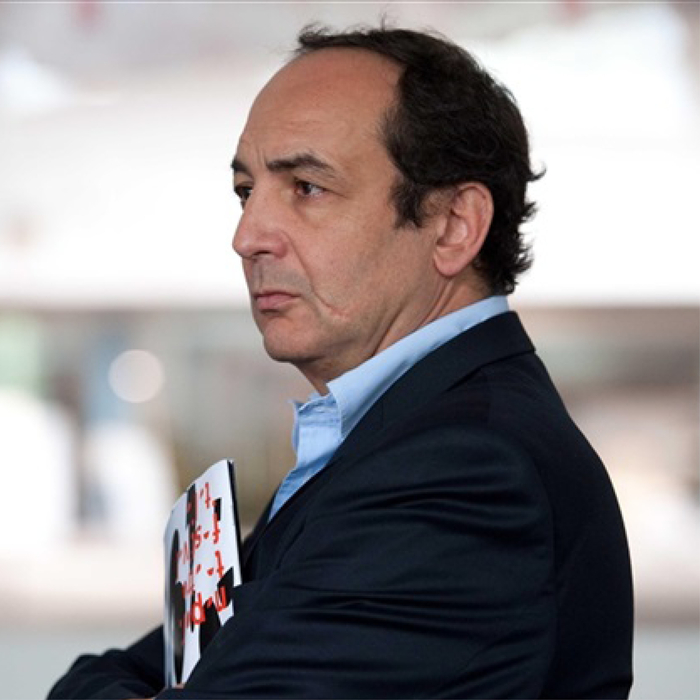
Renato Quaglia, Italy
Renato Quaglia is a project Manager, Festival Director, Coordinator of Institutions and cultural projects, and a Professor of Economics of Culture. From 1998 to 2007, Renato Quaglia has been Managing Director of the Venice Biennale for the Festivals of Theatre, Music, Dance, and the International Exhibitions of Visual Arts and Architecture. Then, from 2008 to 2011 he has been the Director of the Napoli Teatro Festival Italia.
He currently is General Manager of the FOQUS Foundation (a project of urban regeneration in Naple), an OECD Analyst and Project Manager of the Future Forum in Udine. He is also consultant for cultural development projects for the Italian Southern Regions, as well as for international organizations. He has been made Chevalier de l’Ordre des Arts des Lettres of the Republic of France.
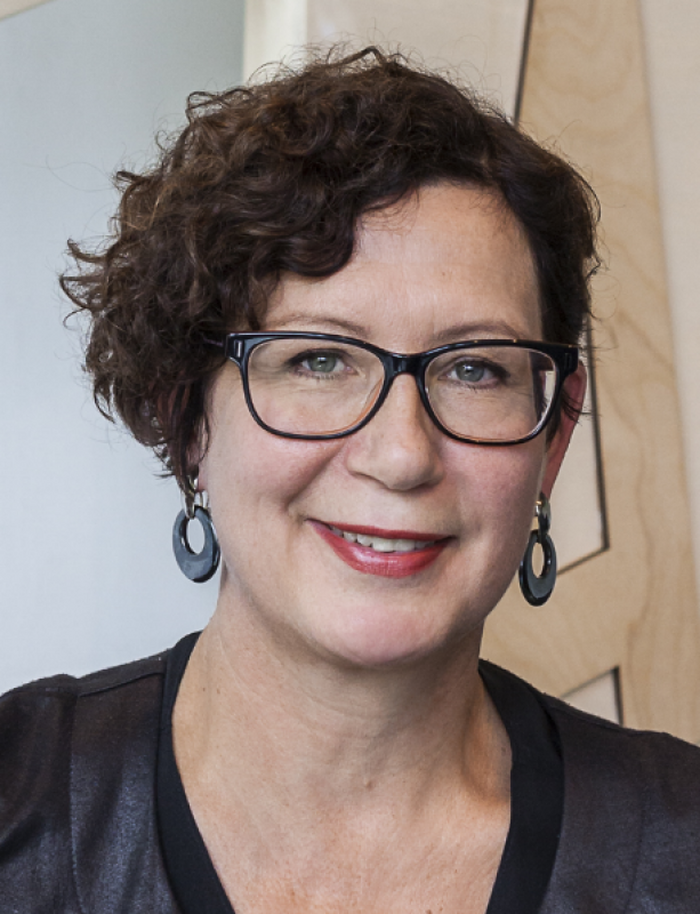
Virve Sutinen, Germany
Virve Sutinen has been the artistic director of Tanz im August – International Festival Berlin since 2014. She has worked in the arts and cultural sector as a managing director, artistic director, organiser, producer, journalist, and editor-in-chief. Before Tanz im August, she was the artistic director and general manager of Dansens Hus Stockholm, and first performing arts curator and head of Kiasma Theatre, in Kiasma, the Museum of Contemporary Art Helsinki. In Helsinki, Ms Sutinen has also served as a co-artistic director for the Moving in November Festival, and founded Rotation – Dance and Music Film and Video Festival together with Mika Taanila, co-directed and founded URB Festival with Mikael Aaltonen, and /theatre.now Festival with Riitta Aarniokoski. In Stockholm, she founded Dans<3 Stockholm Festival, Urban Connection Festival, and curated the exhibition Dance Over Borders.
Sutinen has served as a member of numerous juries and held a number of honorary offices, most notably as the president of IETM, and as a chair for the Nordic Culture Point’s mobility and network programme. She is a founding member of European Dancehouse Network and ICE HOT – Nordic Dance Platform. Sutinen studied at Helsinki University and holds a Master of Arts degree in Performance Studies from New York University’s Tisch School of Arts.